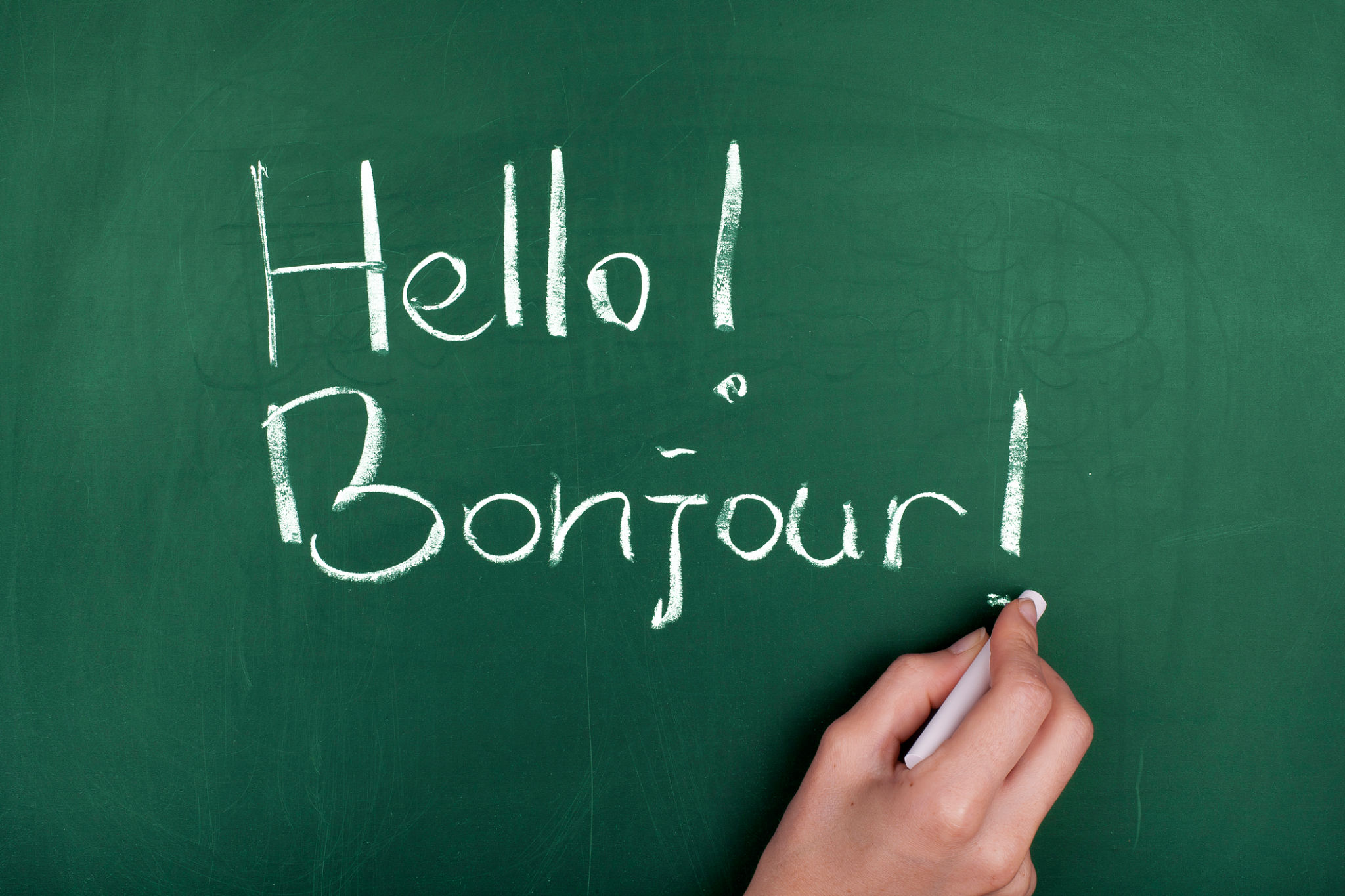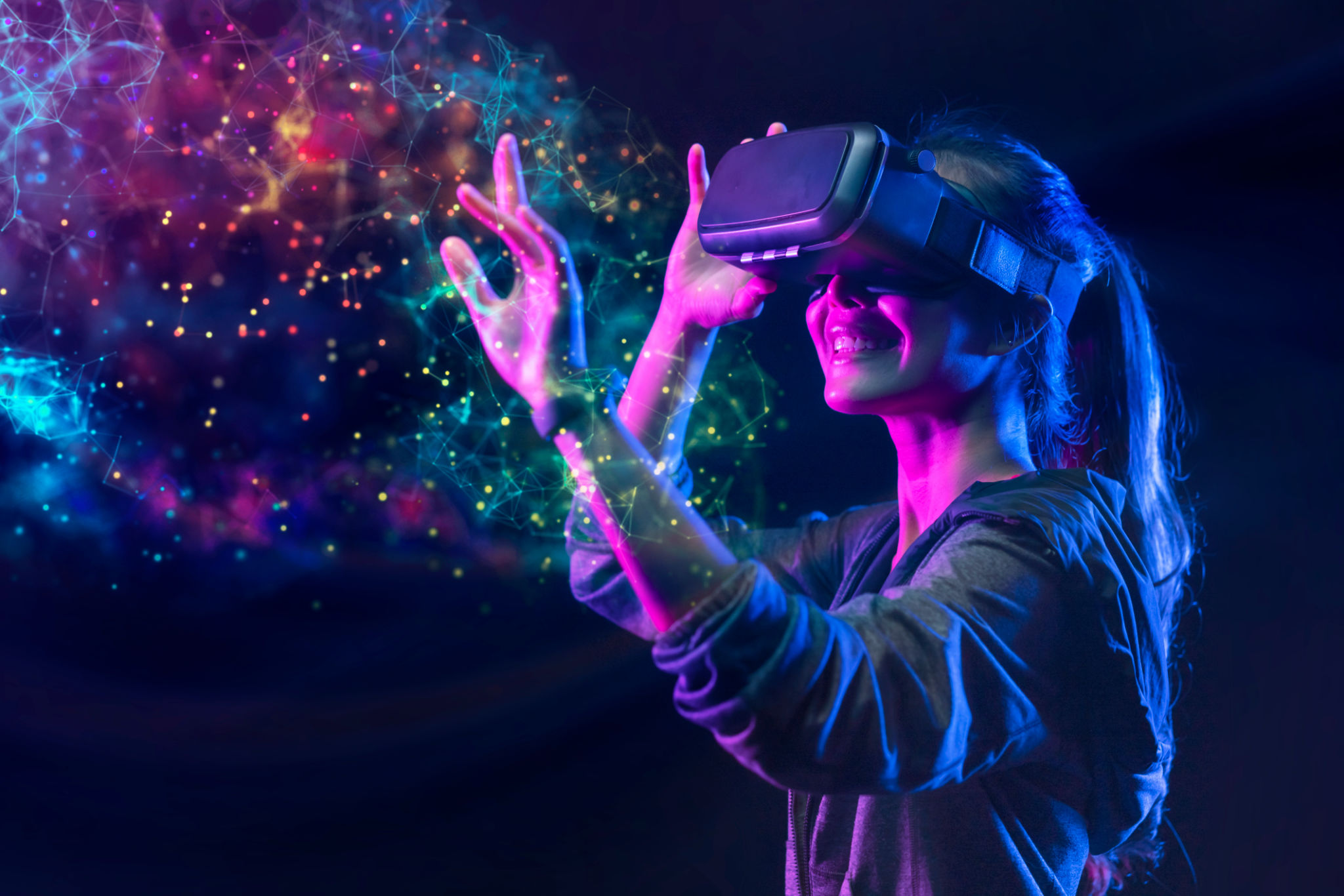Innovative Trends in French Language Education: Embracing Technology
Ki
Revolutionizing French Language Education with Technology
The integration of technology into education has transformed how languages are taught and learned. French language education, in particular, has seen significant advancements through the adoption of innovative technological tools. As educators worldwide embrace these changes, students are experiencing a more interactive and engaging learning environment.

Interactive Learning Platforms
One of the most impactful innovations is the use of interactive learning platforms. These platforms provide a dynamic way to learn French by offering exercises, quizzes, and even games that cater to different learning styles. Platforms like Duolingo and Rosetta Stone have become household names, providing students access to comprehensive language courses from the comfort of their homes.
Moreover, these platforms often include features such as speech recognition to help learners practice pronunciation, ensuring they speak French accurately and confidently. The convenience of accessing lessons anytime and anywhere has revolutionized the traditional classroom setup, making language learning more flexible and accessible.
Virtual Reality and Augmented Reality
Another exciting trend in French language education is the use of Virtual Reality (VR) and Augmented Reality (AR). These technologies offer immersive experiences that transport learners to virtual environments where they can practice speaking and understanding French in real-life scenarios. Imagine exploring a bustling Parisian market or navigating through the streets of Montreal—all from a classroom setting.

Such immersive experiences not only make learning more engaging but also help students develop a deeper cultural understanding. By interacting with native speakers in these virtual settings, learners can improve their conversational skills and gain confidence in using the language outside traditional lessons.
AI-Powered Language Assistants
Artificial Intelligence (AI) is playing a pivotal role in modern language education. AI-powered language assistants, such as chatbots and virtual tutors, offer personalized learning experiences by adapting to each student’s pace and proficiency level. These tools provide instant feedback and corrective measures, facilitating a more tailored approach to mastering French.
These virtual assistants are available 24/7, allowing learners to practice whenever they have free time. This accessibility ensures continuous learning and helps maintain progress, even outside formal educational setups.
Online Language Exchange and Collaboration
The internet has made it easier than ever for French learners to connect with native speakers across the globe. Online language exchange platforms enable students to practice speaking with native French speakers through video calls and messaging apps. This interaction not only improves language skills but also fosters cross-cultural friendships and understanding.

Collaborative projects and online forums also provide avenues for students to work together on assignments, share experiences, and support each other’s learning journeys. This sense of community enhances motivation and encourages continuous engagement with the language.
The Future of French Language Education
As technology continues to evolve, so will its impact on French language education. Future trends may include more sophisticated AI applications, further integration of VR and AR, and new interactive tools that make learning even more personalized and effective. Embracing these innovations will be crucial for educators who wish to provide the best possible learning experiences for their students.
In conclusion, technology is reshaping how we learn languages, making French education more accessible, engaging, and effective than ever before. By leveraging these innovative trends, learners can look forward to a bright future filled with exciting opportunities to master the French language.
